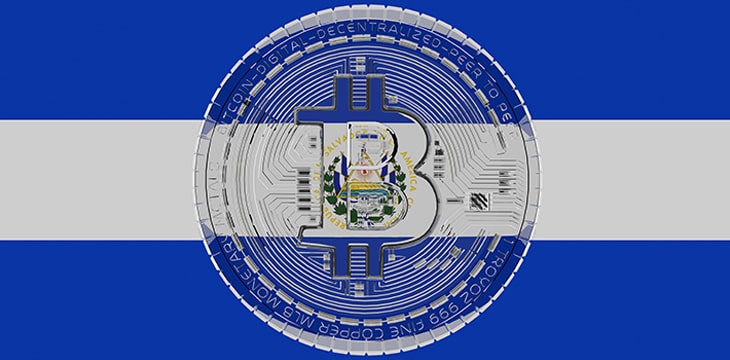The World Bank has denied requests for support from El Salvador to help with the implementation of BTC as legal tender in the country, citing concerns over the transparency of the digital currency and its impact on the environment.
A spokesperson for the World Bank was quoted by Reuters saying there are too many ‘shortcomings’ in BTC for this to be something they would be willing to assist with in implementation.
“We are committed to helping El Salvador in numerous ways, including for currency transparency and regulatory processes.”
“While the government did approach us for assistance on bitcoin (BTC), this is not something the World Bank can support given the environmental and transparency shortcomings.”
It comes after Salvadoran Finance Minister Alejandro Zelaya said the country had asked the World Bank for its help on the technical side of implementing the digital currency as legal tender, as it looks to use BTC in parallel to the U.S. dollar as domestic currency.
The minister also noted that discussions with the International Monetary Fund (IMF) had been productive, despite the IMF raising its own concerns about the “macroeconomic, financial and legal issues” involved in using BTC as a formal currency within the country.
Salvadoran debt has recently been increasing in price, with investors worried about the terms of an IMF plan designed to fill in budget gaps through to 2023.
Siobhan Morden, head of Latin America fixed-income strategy at Amherst Pierpont Securities, said there were still some concerns about whether the plan to implement BTC would even be feasible for El Salvador.
“There is no fast track for a solution on an IMF program and even uncertainty on whether the bitcoin (BTC) proposal is compatible with diplomatic U.S. (or) multilateral relations.”
It comes after El Salvador announced it would become the first country in the world to make BTC legal tender, noting the potential benefits of using digital currency for remittances from citizens overseas.
Source: Read Full Article
